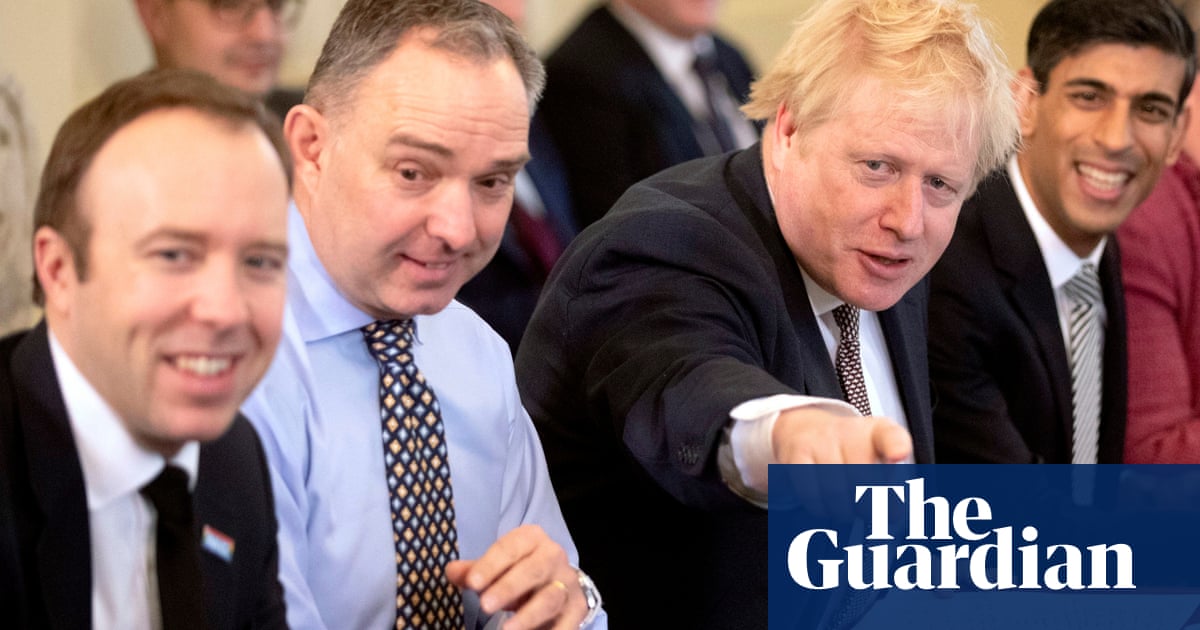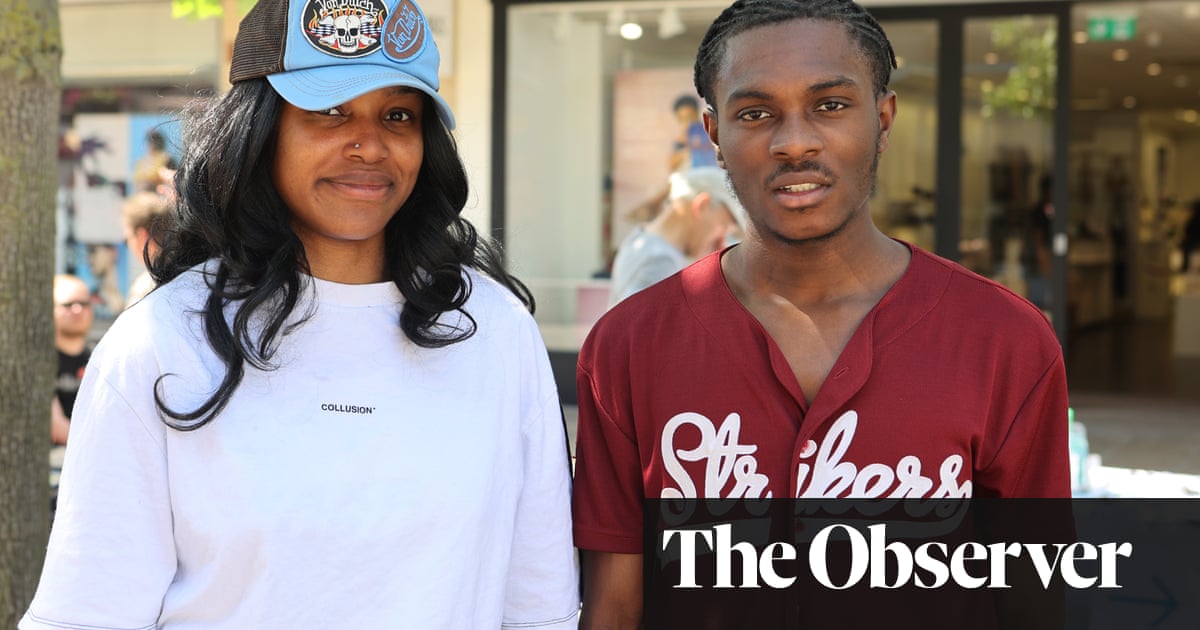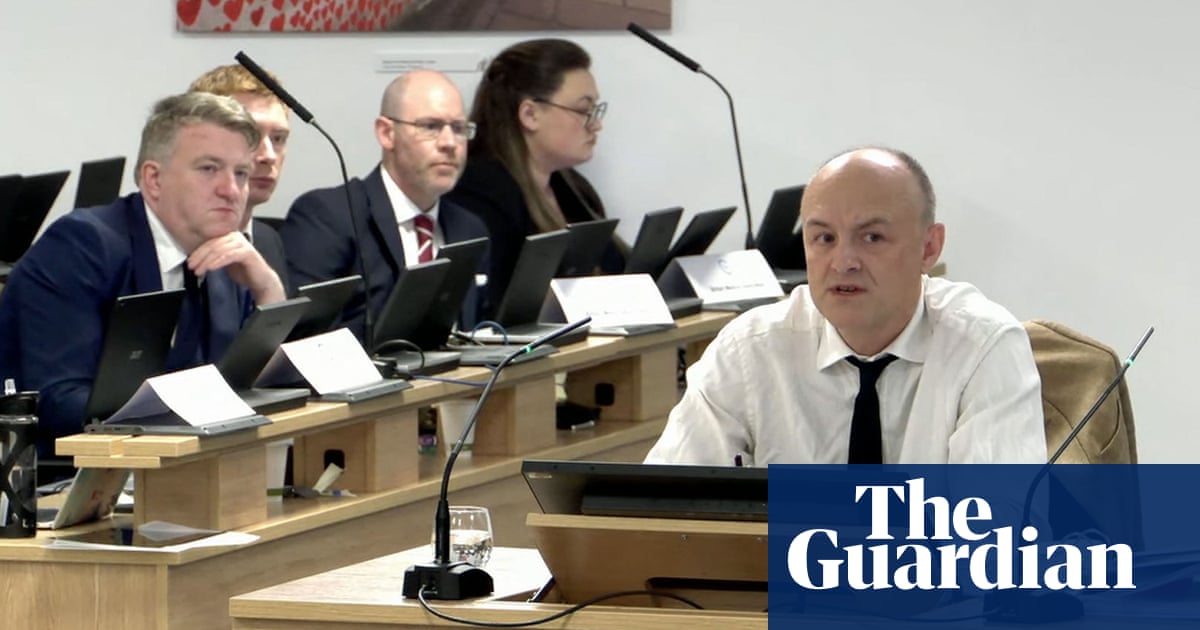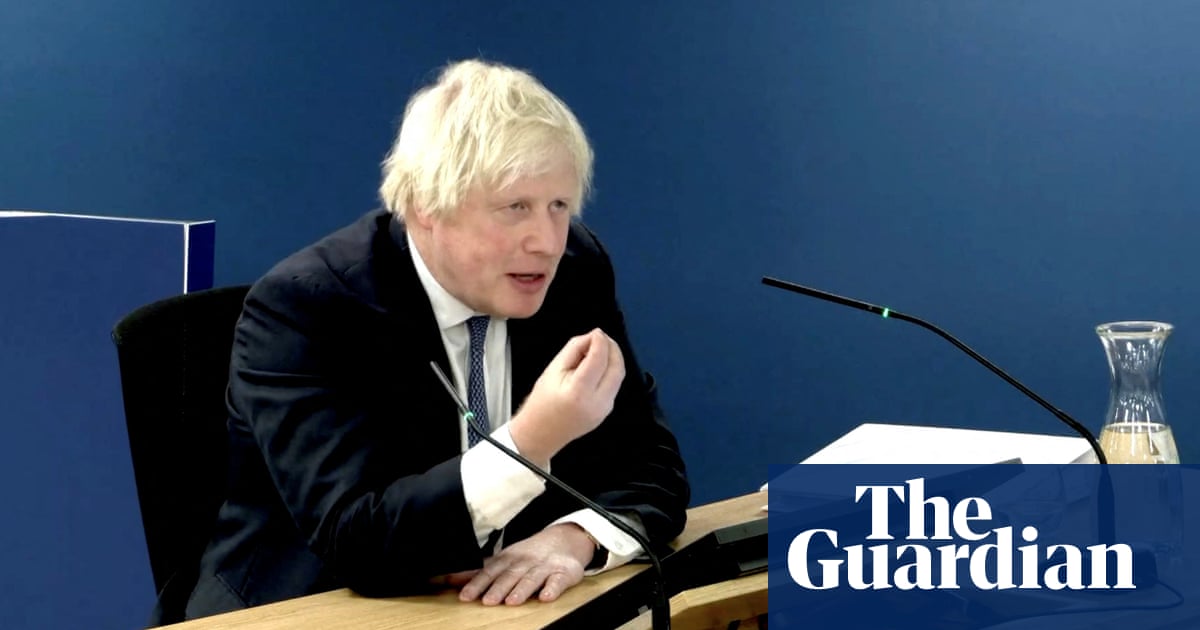
At the Spectator magazine’s parliamentarian of the year awards, the swankiest shindig in the political calendar, one of the gongs went to Nadhim Zahawi. He received a big cheer from an audience heavily populated with Tory MPs and ministers when he used his acceptance speech to remark: “How did a boy from Iraq end up on these shores without a word of English at the age of 11 and become the secretary of state for education? This is the greatest country of the world, my friends.”
On the same day, just a few hours earlier, at least 27 souls, among them a pregnant woman and several children, had also tried to make it to these shores only to die in the attempt. Less fortunate than Mr Zahawi, they and their dreams of making a better life in “the greatest country of the world” were drowned as they risked the treacherous crossing from the coast of northern France to that of southern England. We will never know if a future cabinet minister might have been among them.
Even after that tragedy, more people subsequently crammed into fragile craft to attempt the perilous passage. No one would try navigating the Dover Straits, the world’s busiest shipping lane, in a small boat and in winter, if they thought they had any better options.
There is a cognitive dissonance in the government’s thinking about refugees. An eagerness to celebrate immigrant success stories, like that of Mr Zahawi, is accompanied by a system of managing asylum seekers designed to place huge and often treacherous obstacles in the path of anyone hoping to replicate his story. The result is a regime that neither displays compassion towards those seeking refuge nor gives voters confidence that the government has migration under control.
There are millions of displaced people on the borders of Europe. They are fleeing conflict, poverty and/or persecution, as the education secretary’s Kurdish parents did during the early years of Saddam Hussein’s tyrannical reign in Iraq. Viewed from Greece or Italy, which have seen much greater flows of migration, what Britain calls a “crisis” is a relatively modest challenge. The numbers making the risky passage across the Channel have dramatically increased, more than 1,000 coming ashore on one day earlier in November, but it is important to be clear why. Legal pathways into the UK have been closed off and ways of establishing safer routes, such as allowing asylum applications at UK embassies, are anathema to the government. Even where supposedly binding commitments to refugees have been made, these are being dishonoured. A resettlement scheme for Afghans fleeing the murderous Taliban was announced at the time of the retreat from Kabul. This was held out by the prime minister as a noble example of the UK standing by those Afghans to whom we had moral obligations. He told an emergency session of the Commons in August: “We will support those people in coming to this country… with a new and bespoke settlement scheme focusing on the most vulnerable.” Disgracefully, that scheme is still not operational more than three months after its creation was first trumpeted by Mr Johnson, forcing more desperate people to take life-threatening gambles.
It is not so much the numbers of those trying to cross the Channel as the visibility of them that has turned this into a political crisis. People risking all to get to the UK, and being daily featured doing so on news bulletins, has made the issue highly salient. Even before the tragedy in the Channel and the rancorously recriminatory exchanges between London and Paris that have followed, Tory MPs were becoming alarmed by the volume of email and post they were receiving. For liberal humanitarian voters, the deaths in the Channel reinforce a conviction that the UK’s posture towards refugees is callous. For the voter who is mainly concerned that the government knows what it is doing, it is yet another reason to question the basic competence of this one. For those who see seaborne refugees as intruders to be repelled, a constituency at the heart of the Brexit vote that put Mr Johnson where he is today, this exposes the government to the charge that it is failing to “take back control” of the country’s borders.
It is this latter group that most unnerves Number 10. Nigel Farage, who can never see an issue without wanting to make it more toxic, is threatening another comeback. Just because he’s already had more of them than Frank Sinatra doesn’t mean he won’t do it again. Tory strategists are shivered by the spectre of beer breath founding a new vehicle for his ego and carving away a chunk of the rightwing vote. The prime minister is, and has been for months, angrily exasperated by what he sees as Priti Patel’s failure to “grip” the issue. The home secretary, in turn, has spent her time blaming the French. They shouldn’t take it personally, because she also blames her own officials and legal advisers. Her efforts to shift culpability elsewhere are no longer working with her party. When the home secretary appeared before the Commons, the fiercest contributions by Conservative MPs were from some who were previously members of her fan club.
One senior Tory remarks: “The trouble is all the political pressure on Boris is coming from hopelessly unrealistic headbangers on the right of my party saying, ‘Just send them back’. This is leading Boris and Priti in exactly the wrong direction because it will only increase French intransigence and make it even more difficult to solve.”
If there were an easy remedy, it would have been adopted a long time ago, but it is the impulse of rightwing populists to claim that complex issues have simple solutions. Ms Patel has promoted the notion of adopting a “push-back” policy by ordering the coastguard and the navy to force boats back to the French side of the Channel. This is an instruction no captain is ever likely to obey and even less so now, for fear of breaking maritime laws and capsizing boats. As a rule, sailors don’t like drowning people. There have also been repeated suggestions that the processing of asylum seekers could be subcontracted to other countries far away. When it was recently spun that the government was in talks with Albania, that country’s foreign minister dismissed the claim as “totally fake”.
France is the country Britain most needs to be talking to. Neither the plight of the refugees nor public confidence in the management of migration will be improved without cooperation. Unfortunately, it is one of the least well-kept secrets in diplomacy that Anglo-French relations are dreadful. Brexit-related disputes about fisheries and trade rules have been compounded by the UK’s crowing involvement in the American submarine deal with the Australians that left the French feeling shafted and humiliated. British ministers accuse Emmanuel Macron of ramping up nationalist rhetoric to please his domestic audience ahead of next year’s presidential election.
There’s truth in that, but what were those same British ministers doing in the run-up to our last election? They are still at it now in an effort, as crude as it is counterproductive, to swerve their own responsibilities by bashing the French. The waters had barely closed over the dead souls in the Channel before Mr Johnson dispatched a three-page letter to Mr Macron that included a series of consciously provocative assertions and demands he knows the French will not accept. The publication of the letter on Twitter, before the French president had even seen it, confirmed that this was not a sincere attempt to find common ground with Paris, but frantic posturing to try to please the rightwing media and appease Tory backbenchers. “Things are often difficult with the French at the best of times,” observes one former Conservative cabinet minister. “Baiting the French when we need their help is just stupid.” Mr Macron retorted that serious leaders don’t communicate with each other about grave issues “by tweets and letters that we make public”. The French interior minister, Gérald Darmanin, disinvited Ms Patel from a meeting due to be held today involving him and counterparts from Germany, the Netherlands and Belgium, all countries essential to any effort to achieve better management of this crisis.
Which points to a glaring and tragic irony. A Brexit sold with the slogan “take back control” has left the UK with a border that is now harder to control. Our country is even more dependent on collaboration with European neighbours who have much less incentive to be cooperative. There will be an empty chair where Britain should be sitting. Puerile point-scoring and phoney posturing have to stop before more people perish in the icy waters of the Channel.
Andrew Rawnsley is Chief Political Commentator of the Observer












